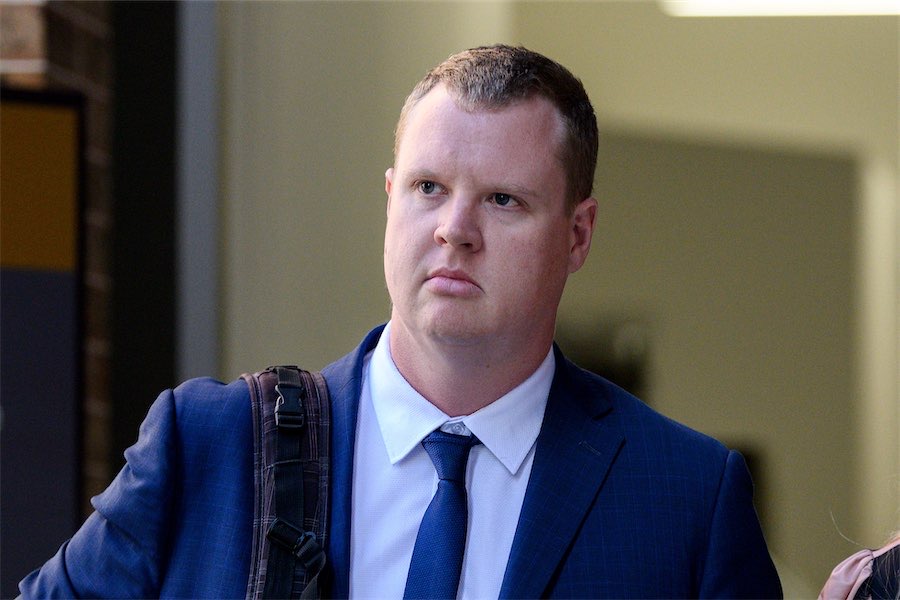
By Dominic Giannini and Savannah Meacham in Canberra
Poorer Australians are copping the brunt of increasing prices for everyday goods and often have no savings buffer due to wealth inequality and tax breaks favouring the rich, a new report says.
Anglicare Australia’s Widening the Gap report reveals the richest people hold 90 times the wealth of low-income earners, and the gap continues to grow.
The average wealth of the highest one-fifth of income earners was $3.2 million, compared to the lowest earners bringing in $36,000, the report based on 2019-20 University of NSW analysis found.
This has been fuelled by 20 years of tax and housing policy where breaks on capital gains and negative gearing have exacerbated a rental affordability crisis, executive director Kasy Chambers said.
In that time, the average value of superannuation assets also grew by 155 per cent while investment property rose by almost 100 per cent, the report found.
The average rent was eating up more than 40 per cent of a person’s income compared to only 20 per cent two decades ago, Ms Chambers said.
And while Commonwealth rent assistance was needed, it was propping up a “very broken private rental system” and failing to address the key drivers of unaffordable rents, she said.
“We need to look at winding back those housing concessions and we want to look at ending capital gains tax and at targeting negative gearing to social housing,” Ms Chambers told reporters in Canberra on Tuesday.
“This is a choice that’s been fuelled and driven by government policy and it’s a choice we can do something about.”
Poorer Australians were also feeling the brunt of higher inflation as more money was going toward rent, leaving them with little opportunity to save or reduce costs by buying in bulk, Ms Chambers said.
“Things like white goods and holidays have actually come down in price in real terms whereas the basics, particularly housing, particularly rent, have just skyrocketed,” she said.
“So if you don’t have any spare in your budget, then you’re feeling inflation way, way higher than those who got that spare, that fat, to cushion things.”
Anglicare Australia called for investment incomes to be taxed fairly to prevent people earning money from work being taxed more than those financially benefiting from wealth.
“Making these changes is about stopping inequality from getting worse, protecting our community from disunity, and restoring the faith of Australians that government can work for them,” Ms Chambers said.
Who can be trusted?
In a world of spin and confusion, there’s never been a more important time to support independent journalism in Canberra.
If you trust our work online and want to enforce the power of independent voices, I invite you to make a small contribution.
Every dollar of support is invested back into our journalism to help keep citynews.com.au strong and free.
Thank you,
Ian Meikle, editor









Leave a Reply